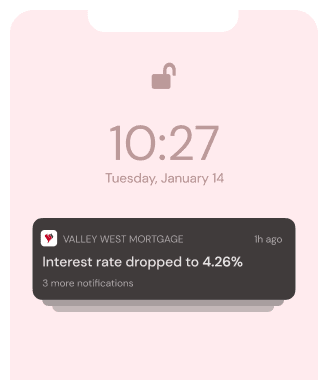Super Moms
If you’re a single mom considering buying a home, you’re not alone. According to a study conducted by the National Association of Realtors, single women are more than twice as likely to purchase a home than single men. In late 2016, 16% of homebuyers consisted of single moms. Only 7% of buyers were single men.
Surprisingly on a national average, women generally make less money than men. Regardless, single moms everywhere are finding opportunities to purchase homes for themselves and their families.
If you’re a single mom who’s looking to purchase within the year, ask yourself a few questions:
- What kind of home would best suit you and your family? Single story? Two Story?
- What neighborhood would you like to live in?
- What’s your credit look like? Do you have any late payments or negative remarks?
- How long have you been at your job?
- Do you have money for a down payment?
- Which mortgage company will you go with? Have you done your research for an appropriate lender?
Remember to stay organized during your home buying process. Be prepared to provide tax returns, proof of income, renter’s history, proof of identity and anything else your chosen lender may ask for. There’s a whole slew of paperwork that comes with purchasing a new home.
Another thing to think about is that if you’re buying your first home, it probably won’t be your last. Most people go through two or three permanent residences before finally settling down into a home that they will never part with. Families grow, new jobs require relocation, and sometimes you just need a change of scenery. So don’t be disappointed if your first home doesn’t hit every nail on your wish list, dream homes often take several years to come by.
Safety is another key issue. If you’re a single mom and you’re not actively dating, chances are there may not be a man around for added security. You could consider getting a dog as a first line of defense and an alarm system that you could connect to your phone as a second.
Single moms are the lifeblood of this country, they always seem to beat the odds and supersede what seems like impossible expectations! Do you want a new home for you and your family? Go get one, you Supermom!
When doing your research always be sure to use great sources! Check out the sources for this article below!
http://themortgagereports.com/24375/single-women-homebuyers-your-guide-to-getting-it-right
http://themortgagereports.com/26637/five-keys-to-a-better-mortgage-application
WHITNEY RUSH , VALLEY WEST MORTGAGE



